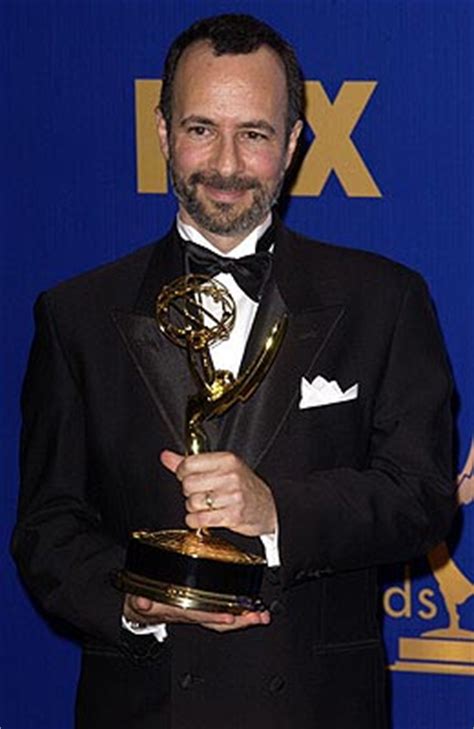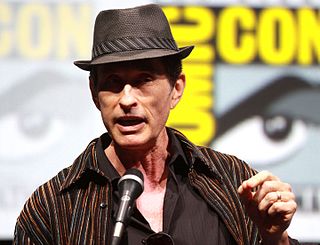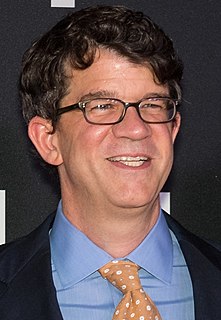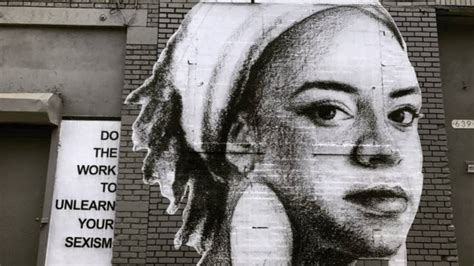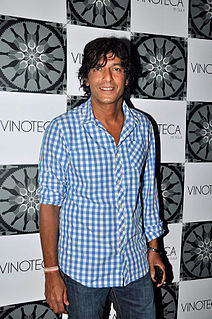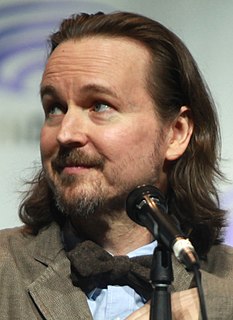A Quote by Robert B. Weide
In any movie, there are a number of scenes that get cut in an effort to keep the film from running too long. Some are of little consequence, but others are important scenes that are very painful to lose.
Related Quotes
Sometimes, a scene goes on too long and, with this being a suspense story and murder mystery that you're trying to discover through her heightened paranoia, you don't want scenes that take you on a tangent. Sometimes, you love those scenes, but you know that it's better not to be in the overall film. So, I'm not sad that they're not in the main movie, but I do think it's fun for people to get to watch them, if they want to.
Both as a filmmaker and as a fan I love the behind-the-scenes stuff, I like it even more than deleted scenes frankly. Especially when you're happy with the movie and you're proud of it, those deleted scenes give you also a sense of the making of the film and the process through which you end up with the final product.
There are some scenes that you have to lose in order to win something at the end. A good director will keep pointing you that way, but it is also your job as an actor to understand that there are scenes that you do, particularly when you are the lead, where other people get to come in and steal and you have to let them. I understand that but a good director always reminds you where those moments are.
I think it's very important to get this stuff on film, not just the behind-the-scenes of the process, but also the interviews with the women. We're going to try to do some on-the-street filming, getting people's reactions to the work, and seeing if we can get some street harassment happening on film so people can see what we're talking about. It's important to have some type of documentation so people can see what happens when we create this artwork and why I'm creating it.
